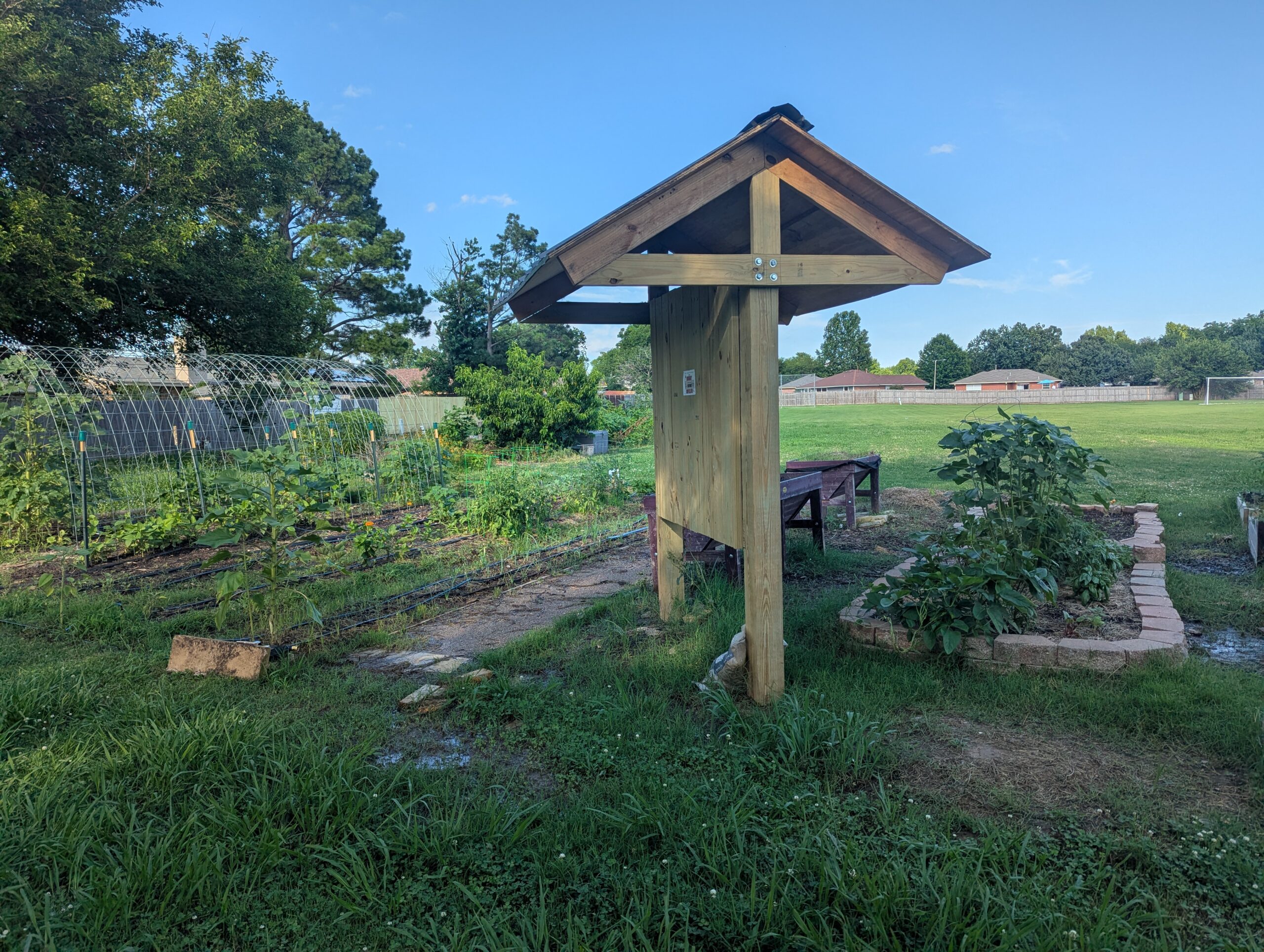Editor’s Note: Robert Blackey‘s term as editor of the Teaching Innovations column concluded with the end of the 1995-96 academic year. Articles solicited by Blackey will, however, be published through the 1996-97 academic year. He will be succeeded by David Trask, a member of the AHA Council and Teaching Division, who teaches at Guilford Technical Community College, in Jamestown, North Carolina. New submissions should be forwarded to Trask at Dept. of History, Guilford Technical Community College, Box 309, Jamestown, NC 27282.
In our profession, with traditional scholarship attracting the most attention and with the more prolific scholars among us earning the highest accolades, there is always the danger that the role of the teaching historian will be relegated to secondary importance. The AHA’s support for the Teaching Innovations column (as well as for the Teaching Division, teaching sessions at the annual meeting, and prizes for teaching) has helped to elevate our teaching function to a level that is not only every bit as critical as traditional scholarship but is seen increasingly—and appropriately—as inextricably intertwined with that scholarship.
I have edited the teaching column, in its several incarnations, since 1982, sometimes with other contributing editors, mostly alone. A dozen years ago publication would come a few months after manuscript completion, but there is now a year’s worth of articles awaiting publication. What has made this possible is the aggressive pursuit of potential authors, along with some creative thinking and editing; the fact is that fewer than one-third of published columns are unsolicited, and the typical manuscript is taken through three revisions. Most teaching historians, regardless of level, do not ordinarily think in terms of writing or publishing anything, and those who do write tend, overwhelmingly, not to think in terms of history education. Which is to say that I have had to work hard at nurturing a mostly uncultivated garden. I expect that my counterparts at The History Teacher and Teaching History would say the same of their experience.
Over the years, the editorial board of Perspectives has allowed me free reign to be creative, to compose forums and frame debates, to develop themes, and to assist authors in shaping ideas and papers to serve teaching historians. From the start, I chose to be an eclectic editor, one whose goal was to serve the entire profession, from secondary school historians to those at the graduate level. I edited every paper I submitted from the perspective of classroom teachers: What do we need to know to profit from and replicate this author’s experience? Are ideas developed and explained clearly and, possibly, with style? How can this paper help us to be better teachers?
Editing the column has been a labor of love; it has occupied my time to the extent that I reflected upon most everything I read as to its potential for a column. I found ideas in book reviews and articles (both in journals and in popular periodicals), presentations made at professional meetings, and conversations with teachers, including those who had never published anything before. Many of these ideas were transformed, and sometimes pounded and contorted, into appropriate papers. I learned to be persistent and patient.
This year’s contributions mark 15 years and more than 125 published articles, and yet I believe there is so much more that can be done; I wish the best of luck to my successor. I do not want to close before thanking the AHA staff, past and present, for their steady support and encouragement. I also want to thank all of you who have written for the column, especially as you followed my directions and my requests for yet another draft. Finally, to the readers of Perspectives, my gratitude for your many kind words. In return I make this request of you: never allow (as happened for some 30 years after World War II) our Association to lose sight of the teaching side of its mission, and never suffer fools who minimize or even dismiss the critical importance of promoting effective history teaching.
Robert Blackey (California State Univ. at San Bernardino)


